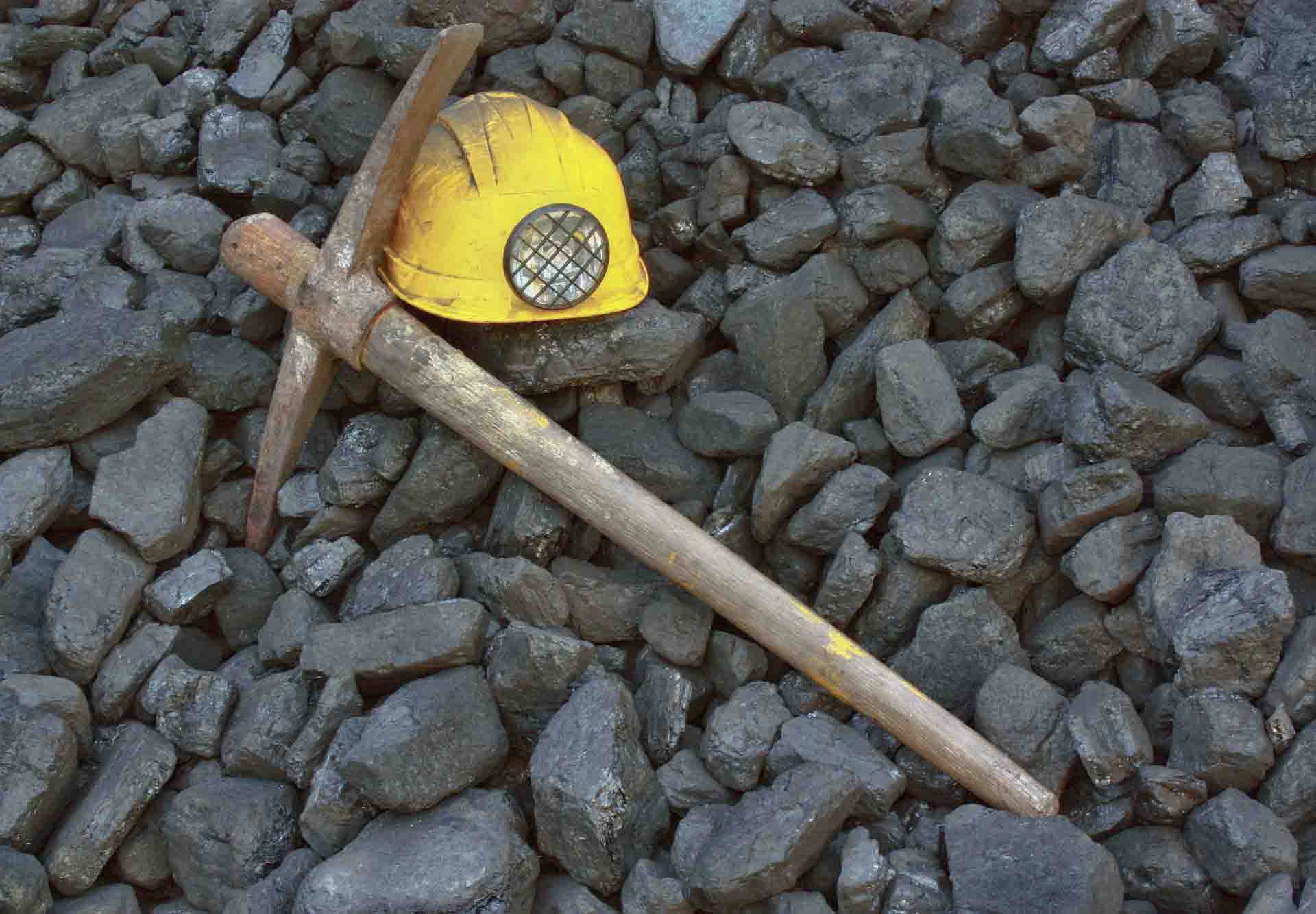Bitcoin, the world’s most popular cryptocurrency, has gained significant attention in recent years due to its potential for high returns and decentralization. However, the environmental impact of Bitcoin mining and the centralization of mining power have become topics of concern. In this article, we’ll discuss how Bitcoin miners can benefit from decentralization and the use of renewable energy without sacrificing profitability.
Understanding Bitcoin Mining:
To create additional Bitcoin and confirm transactions to be uploaded to the blockchain, a process known as “mining” is required. Each newly created Bitcoin is awarded to the miner who solved the corresponding complex mathematical puzzle first. Mining is crucial for the security and functionality of the Bitcoin network.
Bitcoin Mining and Environmental Concerns:
One of the main criticisms of Bitcoin mining is its environmental impact. Traditional mining operations consume significant amounts of electricity, often derived from non-renewable sources, resulting in a substantial carbon footprint. This has raised concerns about the sustainability and long-term viability of Bitcoin mining.
Renewable Energy Mining: A Solution for Decentralization and Sustainability:
To address environmental concerns and champion decentralization, the Bitcoin community is increasingly embracing renewable energy sources for mining operations. Solar, wind, and hydroelectric power lessen the carbon footprint of Bitcoin mining.
1. Harnessing Solar Energy:
Solar energy is an abundant and renewable resource that can power Bitcoin mining operations. Solar-powered mining farms utilize photovoltaic panels to convert sunlight into electricity, providing a sustainable and cost-effective solution. By leveraging solar energy, miners can contribute to a greener Bitcoin network while enjoying long-term energy cost savings. Solar-powered mining farms can also be located in regions with ample sunlight, even in remote areas, further decentralizing mining operations.
2. Tapping into Wind Power:
Wind energy has emerged as another viable option for sustainable Bitcoin mining. Large-scale mining activities can be powered by electricity generated by wind farms. Wind-powered mining farms not only reduce environmental impact but also offer a stable and consistent energy source, ensuring uninterrupted mining operations. Additionally, wind energy is abundant in certain geographical locations, providing opportunities for decentralized mining operations.
3. Utilizing Hydroelectric Power:
Hydroelectric power has been widely recognized as a clean and renewable energy source. Many Bitcoin mining facilities are strategically located near hydroelectric power plants, utilizing the surplus energy generated. Hydro-powered mining not only minimizes the carbon footprint but also benefits from lower energy costs and increased mining efficiency. Furthermore, hydroelectric power is resilient and less prone to fluctuations, ensuring a stable energy supply for mining operations.
Advantages of Renewable Energy Mining:
Championing decentralization through renewable energy mining offers several advantages:
1. Environmental Sustainability:
By embracing renewable energy sources, miners can significantly reduce the carbon footprint associated with Bitcoin mining. This promotes a more sustainable and eco-friendly approach to cryptocurrency mining, aligning with the global shift towards clean energy initiatives. The Bitcoin community can demonstrate its commitment to environmental responsibility by championing renewable energy mining.
2. Decentralization and Network Security:
The concentration of mining power in specific regions or in the hands of a few mining pools is a concern for Bitcoin’s decentralization. By encouraging the adoption of renewable energy mining worldwide, mining operations can be distributed across different locations, increasing network security and resilience. Decentralization improves the overall stability of the Bitcoin network and mitigates the risks associated with a centralized mining ecosystem.
3. Cost Efficiency and High Returns:
Renewable energy sources often provide lower-cost electricity, resulting in higher profitability for miners. Reduced energy expenses can contribute to higher returns on investment, making renewable energy mining an attractive proposition for miners looking to maximize their earnings. Additionally, as renewable energy becomes more accessible and affordable, miners can enjoy long-term cost savings, enhancing their profitability even further.
4. Positive Industry Reputation:
Embracing renewable energy mining can improve the industry’s reputation by addressing environmental concerns. This proactive approach demonstrates a commitment to sustainability, attracting socially-conscious investors and fostering mainstream adoption of cryptocurrencies. By championing renewable energy mining, the Bitcoin community can position itself as a responsible and sustainable technological innovation leader.
Conclusion:
Championing Bitcoin decentralization through renewable energy mining not only addresses environmental concerns but also enhances the sustainability, security, and profitability of the Bitcoin network. By harnessing the power of solar, wind, and hydroelectric energy, miners can contribute to a greener and more decentralized future for Bitcoin. The adoption of renewable energy sources aligns with global efforts to combat climate change and ensures the long-term viability of cryptocurrency mining. With the potential for sustainable high returns, renewable energy mining represents a win-win scenario for miners, investors, and the environment. By championing renewable energy mining, we can pave the way for a more sustainable and decentralized Bitcoin ecosystem, benefitting both present and future generations.

